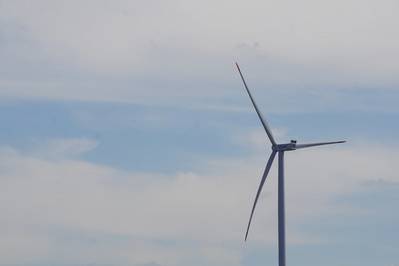EU Agrees Final Energy Saving, Renewables Targets
The European Union on Wednesday finalized new climate rules after months of talks, targeting a total energy saving of 32.5 percent and an uplift in the share of renewable energy to 32 percent by 2030.
National governments must now draft their own plans for implementing the bloc's overall climate goal of lowering greenhouse gas emissions by at least 40 percent below 1990 levels by 2030 in line with the Paris Agreement.
Talks have dragged on for months to reach a compromise between the European Parliament and EU member states on the new energy efficiency and renewable energy targets after 2021 as well as the rules governing implementation.
A push by lawmakers for more ambitious targets and tougher monitoring of efforts met with resistance from member states wary of the economic impact of efforts to reduce emissions.
Environmental groups and Green group lawmakers warned the agreement still falls short of the Paris Agreement's pledge to keep global warming well below 2 degrees.
"The measures are not enough for the EU to fulfill its commitments under the Paris Agreement," Green parliamentarian Benedek Javor said. "They will need to be strengthened in time if we are to meet our climate obligations."
The final deal includes a clause allowing for the bloc to revise up climate goals in 2023.
Analysts at Thomson Reuters said the change to the renewable target is likely to impact future carbon prices in Europe's Emissions Trading System (ETS).
The ETS is the EU's flagship tool for reducing greenhouse gases by charging some 12,000 airlines, industrial and power installations for each tonne of carbon dioxide (CO2) they emit.
The analysts said they expect carbon emissions from the power sector to be 700 million tonnes, or 6.5 percent lower, than previously forecast by 2030, as more electricity comes from renewable generation such as wind and solar and less comes from polluting fossil fuels.
Lower emissions mean there will be less demand for carbon permits in the ETS, leading the analysts to cut their carbon price forecast for 2030 by 6 euros to 29 euros a tonne.
(Reporting by Alissa de Carbonnel and Susanna Twidale; Editing by Jan Harvey)












